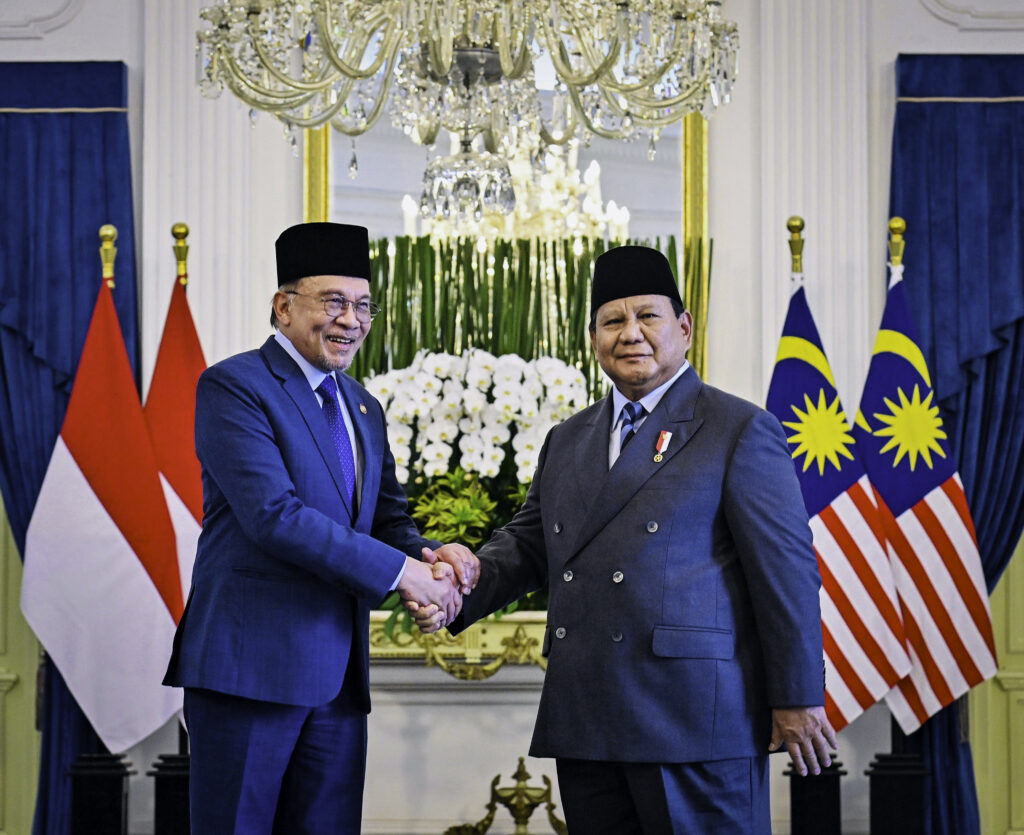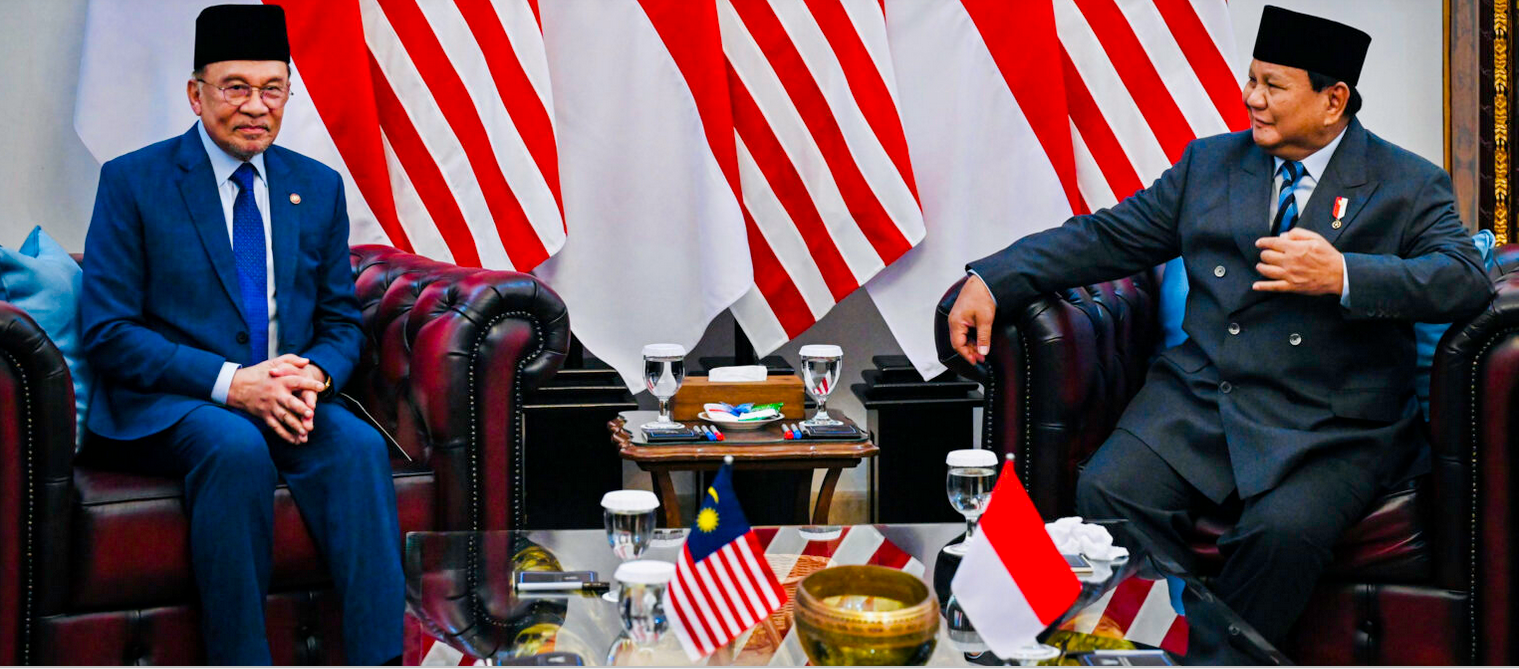Government Proposes Online Ojek Tariff of Rp2,000 Per Kilometer

Presidential Chief of Staff Moeldoko accompanied by several Ministers gave information after a meeting on the online motorcycle taxi tariff, at the Presidential Staff Office, Jakarta, Wednesday (28/3) afternoon. (Photo by: The Presidential Staff Office).
The Government proposed an online motorcycle taxi tariff of Rp2,000.00 per kilometer, which already includes benefits and service fees, or an increase from the current rate of Rp1,600.00 per kilometer. This proposal was submitted by Minister of Transportation Budi Karya Sumadi during a meeting on the Online Taxi and Online Ojek (motorcycle taxi) Tariff at the Presidential Staff Office, Jakarta, Wednesday (28/3) afternoon.
The meeting attended by Presidential Chief of Staff Moeldoko, Minister of Communications and Informatics Rudiantara, Minister of Manpower Hanif Dhakiri and representatives of Grab and Gojek is a follow-up of the direction of President Joko Jokowi Widodo when receiving online motorcycle taxi drivers, at the Presidential Palace, Jakarta, on Tuesday (27/3).
“The Ministry of Transportation has calculated the basic tariff of online motorcycle taxi around Rp1,400.00-1,500.00, plus benefits and service fees so that the tariff at Rp2,000.00. But the amount of Rp2,000 must be clean, do not cut it to Rp1,600.00 or so,” Budi said, while hoping the online motorcycle taxi company discuss the matter internally so that a decision will have been made by Monday (2/4).
The Minister went on to explain that some points were agreed in the meeting, that is, the company reserves the right to set the amount and determination of online ojek tariffs. The Government should not press and intervene, because the company also has its own calculations to set the tariff per kilometer.
“The point is not about the rise of tariffs or not, but how the drivers income is raised. We have delivered the message of ojek drivers to the applicator. In principle, they will adjust the tariff, later they will calculate again,” Moeldoko said.
Moeldoko added that the companies are ready to raise the tariff and it is expected to be proportional because they want to improve the welfare of its drivers as well.” The management will then discuss about the amount,” Moeldoko said.
Moeldoko continued that the business between the applicator company and the online ojek driver is a partnership. Hence, in the partnership there must be a balance between the two parties.” I think this has gone into their management. Since it is a partnership, there must be an agreement between the two parties. We cannot determine how much the rate per kilometer should be. They should reach agreement, so both parties will get satisfied,” Moeldoko added.
Meanwhile, Minister of Manpower Hanif Dhakiri said he would try to explore this issue as soon as possible, because this is related to the implementation of working relationship. How the scheme is applied, because according to him, it belongs to non-standard standard forms of employment. “Given this is a new kind of business, so in essence we want to make sure both parties are in a win-win position. So, on the one hand, there is protection for its manpower; on the other hand, the industry can still grow,” Hanif concluded. (Public Relations of the Ministry of Transportation /ES) (MUR/MMB/YM/Naster).








